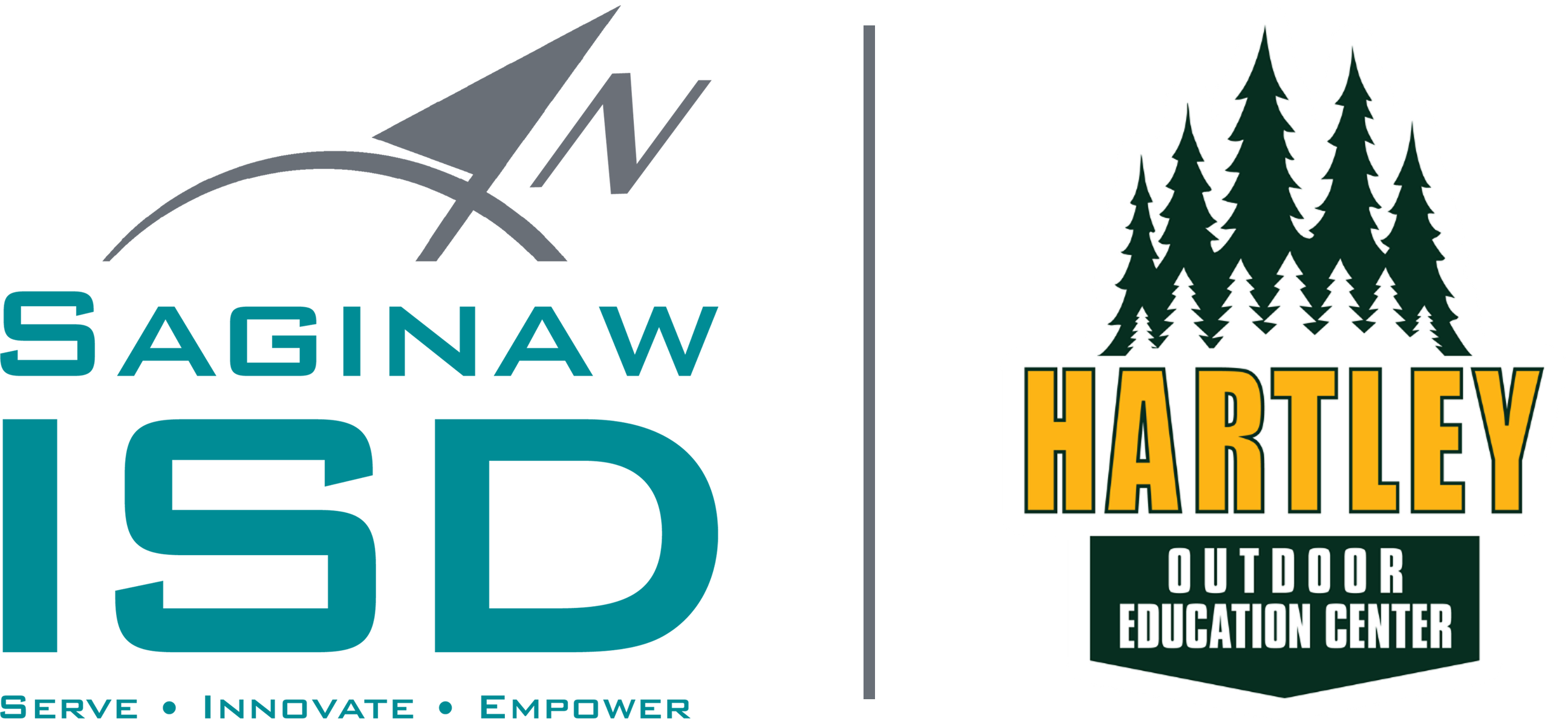Each school determines the final cost to students for Hartley programs. For residential overnight programs, schools are responsible for arranging transportation to and from Hartley. Teachers may decide to raise money as a school or class to offset or eliminate the program costs for families. Students participating in tuition fundraising often feel unique ownership of their time at Hartley and a sense of pride for their school or class accomplishment.
Successful fundraising requires the establishment of a parent or teacher-led group that will define tasks and assignments of responsibilities.
Communication with all involved parties (parents, students, teachers, and administration) ensures support and goodwill.
Clear declaration of goals can determine the fundraising approach.
Composition of a mission statement explains the needs and benefits of the group to potential donors. The mission statement may take the form of a simple sentence such as “Our fifth-grade class hopes to attend Hartley Outdoor Education Center this school year. We believe that participation in such a program will allow our students to apply classroom knowledge in a natural setting, foster a love of wildlife, and encourage positive memories with classmates."
Appointment of a person to process the handling of donations helps with the determination of progress.
Grants, individual donations, and events are favored means of fundraising. Groups often evaluate their own capabilities and select an approach that suits their strengths.
Expression of gratitude and thanks to donors, volunteers, and team members is essential.
Maintaining and keeping records of activities and results can assist future groups with their fundraising efforts.
Fundraising Procedures and Ideas
When choosing a fundraiser consider the overall costs and profit, the number of hours involved, the reliability of candidate companies, avoiding competition with other fundraisers, and the needs of the community. The library and internet have information on how to have a successful fundraiser. Here are a few helpful guides:
Good Cents: Every Kid’s Guide to Making Money, The Amazing Life Games Co., Houghton Mifflin Co., 1974.
101 Ways to Raise Resources, Sue Vineyard and Steve McCurley, Heritage Arts Publishing, IL, 1987.
500 Ways for Small Charities to Raise Money, Phillip T. Drotning, Public Service Material Center, 1979.
14 Smart School Fundraising Ideas to Raise Money Fast (via Qgiv)
Fundraising Ideas
Sell Environmentally-Friendly Products: Students learn ways they can help the environment. Sell t-shirts: T-shirts are a great way to raise money and awareness of your anticipated trip to Hartley. Have a logo designed by a local t-shirt company or do a student logo contest. Sell trees: Contact a local nursery to donate or sell trees to your school at a reduced cost. After selling the trees, offer to deliver and plant them for an additional fee. Sell reusable string or canvas shopping bags. Sell unbreakable, reusable thermal coffee mugs. Have students design an environmental picture or message to print on the mugs. Sell recycled paper items.
Start a recycling program at school and use the funds for sending students to Hartley every year. This can give students a hands-on opportunity to reduce waste. Try to include all types of paper. One middle school in Virginia collected 125,000 cans in two days and made over $2000 (Recycler’s Handbook). Collection Ideas: Put bins on school grounds for recycled items. Send notices to parents and other community members to bring their cans and bottles to school on specific days for recycling. Recruit volunteers to transport recyclable items to a recycling center or see if a recycling center will pick up large quantities.
Sponsor an “a-thon”. Walk-A-Thon: Pledges are made for each unit of time or distance accomplished. Clean-a-thon: Students get sponsors to pledge money for every piece of litter picked up or every minute worked. Hold a Clean-a-thon at the beach, in a park, along a stream bank, or any other local area. Students will have the opportunity to contribute to the community while raising funds. Spell-a-thon: Students collect sponsors to pledge money for every HOEC vocabulary word they spell correctly. Students will have the opportunity to learn while raising funds.
Turn local businesses into art galleries. In exchange for a donation, use students’ art to decorate offices.
Make crafts from “junk” as a class art project, then sell them at a crafts fair or parent night. Another idea is to make and sell bird feeders and include drawings and natural history cards about the birds that might eat from the feeders.
Wash cars and provide a flyer on how to make a car more fuel-efficient.
Have a bake sale or sell popsicles or pizza.
Partner with a grocery store to sell grocery scrips.
Approach service clubs for scholarships (Kiwanis, Rotary, etc.).
Organize a school carnival, book fair, or talent show.

